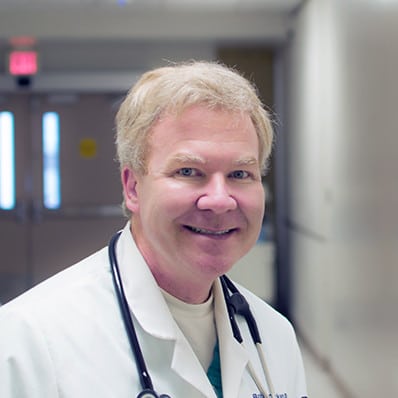Tackling Medical Emergencies: Dr. Robert Corkern’s Advanced Techniques for Critical Care
Tackling Medical Emergencies: Dr. Robert Corkern’s Advanced Techniques for Critical Care
Blog Article

As it pertains to healthcare, many individuals frequently confuse crisis medicine with inner medicine. Equally are important divisions of medication, but they offer very different roles in patient care. Dr Robert Corkern Mississippi, a famous medical expert, describes the important thing variations between these two specialties, shedding light on their unique focuses and how each plays a part in patient health. Understanding the difference between disaster medication and inner medicine can help individuals greater navigate their healthcare wants and make knowledgeable decisions.
The Focus of Crisis Medicine
Crisis medication is made to offer quick, acute look after patients facing urgent or lethal conditions. Disaster physicians work in hospitals' disaster sections (EDs), where they're often the first position of contact for persons experiencing serious accidents, shots, heart problems, or other medical emergencies. Dr. Corkern highlights that emergency medicine is focused on stabilization and rapid decision-making. Emergency physicians are experienced to deal with a wide selection of medical problems, usually without having reveal medical record of the individual, and should produce quick judgments predicated on confined information.
The primary goal of crisis medication is to stop more hurt, support the patient, and initiate the right interventions. From stress care to handling center problems or shots, crisis physicians are specialists in controlling acute indicators and giving life-saving solutions in high-pressure environments.
The Role of Central Medicine
In comparison, central medication centers around detecting and controlling persistent conditions and problems that influence adults, such as diabetes, hypertension, and center disease. Central medication specialists, or internists, work with individuals over an extended period, giving extensive treatment and reduction strategies. Dr. Corkern explains that internal medicine is largely concerned with the whole-body management of non-emergency medical issues. Internists frequently function as principal attention health practitioners, managing routine check-ups, controlling continuing treatments, and coordinating take care of people with complicated, long-term health issues.
While crisis physicians treat immediate issues, internists take a more holistic and long-term way of patient health. They frequently function carefully with specialists in parts like cardiology, pulmonology, and nephrology to manage chronic problems and ensure that people receive coordinated take care of multiple wellness concerns.
Education and Way of Attention
Dr. Corkern shows the differences in working out necessary for equally fields. Disaster medicine requires physicians to be ready for a broad spectral range of situations that'll need rapid, life-saving interventions. Disaster health practitioners are experienced to control stress, important illness, and acute exacerbations of persistent conditions. That instruction involves huge concentrate on intense treatment and sophisticated life-saving techniques, often in high-stress environments.
On another hand, internal medicine physicians undergo intensive training in the avoidance, diagnosis, and treatment of persistent conditions. They concentrate on giving long-term care, often controlling a patient's medical record and managing with other specialists. The internist's method is patient-centered, with an emphasis on long-term wellness preservation and condition prevention.
When to Seek Crisis Medicine or Central Medication
Understanding when to get emergency medication versus central medication could make most of the big difference in the pace and form of attention an individual receives. If you're encountering a medical disaster, such as extreme chest suffering, difficulty breathing, or quick loss of consciousness, the er is the proper spot to go. But, for constant health issues, chronic disease administration, or overall health preservation, an inside medication consultant is usually the very best place of contact.
Conclusion:
Both crisis medicine and internal medication enjoy vital jobs in individual attention, but their approaches, focus parts, and instruction differ significantly. Dr Robert Corkern's description offers understanding on what these specialties purpose and when each is many relevant. By knowledge the distinctions, patients can greater steer their healthcare wants and assure they're seeking the right type of attention at the best time. Whether facing an urgent situation or handling a serious issue, both specialists are integral in maintaining and increasing health.
Report this page